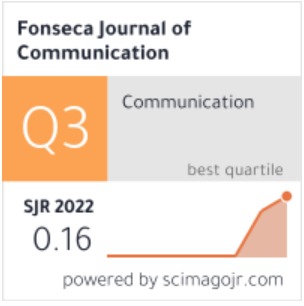TO EXPLORE THE MEDIATING ROLE OF HIGH SCHOOL EDUCATIONAL PSYCHOLOGY IN TEACHERS’ CLASSROOM ORGANIZATION AND PLANNING
Zichun Zhao
Faculty of Education, Univerisity of Malaya, Kuala Lumpur, 50603, Malaysia
Chen Tian
Faculty of Education, Univerisity of Malaya, Kuala Lumpur, 50603, Malaysia
Wei Wang
Faculty of Education, Univerisity of Malaya, Kuala Lumpur, 50603, Malaysia
DOI: https://doi.org/10.48047/fjc.28.01.24
Abstract
This study investigates how high school educational psychology mediates the connection between instructors’ planning and the organization of the classroom. It attempts to investigate the relationship between educational psychology and teachers’ use of planning and organization techniques in the classroom. A survey questionnaire was used to gather information from the 320 high school students from China who participated in the study. Data from a sample of high school teachers are gathered through a survey instrument as part of the study’s quantitative research design. Descriptive statistics and structural equation modelling were then used to evaluate the data. The mechanisms underpinning the mediating role of educational psychology were understood using social exchange theory as the theoretical framework. The value of this study rests in its ability to advance our knowledge of the elements that go into good planning and organization in the classroom, as well as the function that educational psychology plays in these activities. Effective teaching requires careful planning and organization of the classroom, and educational psychology has a significant impact on how teachers implement their profession. Teachers, educational officials, and academics will benefit greatly from the study’s findings in developing interventions and techniques to enhance classroom practices. The results imply that teachers’ knowledge of and implementation of educational psychology principles can improve their methods for scheduling and organizing lessons. The study’s findings and their consequences for educational practice will be outlined in the conclusion.
















